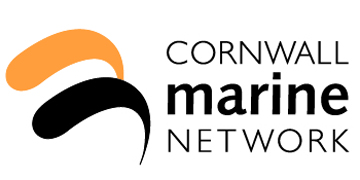Whistleblowing Policy
Purpose and Scope
The CMN Group of Companies has this policy in order to protect workers from being dismissed, bullied or harassed, victimised or otherwise penalised for reporting malpractices or wrongdoing within the workplace (‘whistleblowing’). The CMN Group of Companies is committed to maintaining an open culture with the highest standards of honesty and accountability. We encourage all members of our team to raise grievances about genuine concerns of misconduct of this nature.
This policy applies to full and part-time workers and contractors, home-workers and agency workers, except if they are genuinely self-employed. This policy does not form part of the employment terms and conditions or Service Level Agreement.
This policy applies to CMN learners and Apprentices.
Disclosures under the policy
The Public Interest Disclosure Act 1998 covers the following areas of malpractice, or suspected malpractice by the Network:
- A criminal offence;
- A miscarriage of justice;
- Practices endangering health and safety’
- Practices damaging the environment;
- Failure to comply with a legal obligation;
- Financial malpractice, impropriety or fraud;
- Serious failure to comply with the requirements of the Financial Services Authority;
- Deliberate concealment of information relating to any of the above.
Protection in making a disclosure
Confidentiality:
A disclosure made under this policy will be treated confidentially as far as possible. If this is not possible, for example if a criminal investigation follows and you may be needed as a witness, this will be explained to you;
Anonymity:
The CMN Group of Companies encourages an open culture. Anonymous complaints under this policy may prove difficult to deal with as effectively as those which are not. Anonymous disclosures will be considered and may be investigated at the relevant Company’s discretion;
Victimisation:
Bullying or harassment of a worker making a disclosure under this policy will not be tolerated and complaints about such behaviour will be addressed through the disciplinary policy.
Good Faith & Reasonable Belief
Any disclosure made under this policy must be made in good faith and with reasonable belief in the matter being complained of. Malicious or vexatious allegations may result in action under the disciplinary policy. Disclosures in good faith will not result in any such action even if investigation about the concern raised subsequently does not confirm it. You need not have proof of malpractice in order to raise a concern.
How to make a disclosure
You may make a disclosure by bringing the matter to the attention of the relevant Chief Executive Officer or to the Chair of the Board of Directors. Health & Safety concerns amounting to a disclosure should be made without delay. Failure to make a disclosure when aware of malpractice will be regarded as misconduct.
A meeting will then be arranged as far as reasonably possible within 7 days of your raising the matter. At that meeting, unless the concern is particularly sensitive you may be accompanied by a colleague. You will be invited to make a statement at the meeting explaining the malpractice which you are concerned about and your reasons for your beliefs regarding it.
How the disclosure will be investigated and action taken
An investigation will then take place into the allegation within a reasonable period.
The investigation may find that:
- The matter is of a nature that it should be reported to an independent body;
- Disciplinary action should be commenced against those suspected of wrongdoing;
- The allegation was not well founded;
- Those involved cannot be individually identified.
You will receive written details relating to the findings and action taken, if any. The details of any disciplinary action taken will not normally be given to you unless the Company decides this is appropriate in the circumstances.
If you are dissatisfied with the outcome of the investigation you may appeal this by using Stage 2 of the Grievance Procedure. This may result in further investigation or, if not, the reasons why this is not considered necessary.
Disclosure to an outside body
Only if you have reasonable grounds for believing that all those to whom a complaint could be made, including the Chair of the relevant Company’s Board of Directors, may be involved in the malpractice, may you contact an outside body in the first instance to make a disclosure.
Independent Advice
If you are unsure about making a disclosure or the outcome of an investigation you can contact the independent charity, Public Concern at Work, on 020 7404 6609 or at https://protect-advice.org.uk/pcawchangesnametoprotect/
Records
All records relating to the grievance will be kept in accordance with the provisions of the Data Protection Act 1998.




